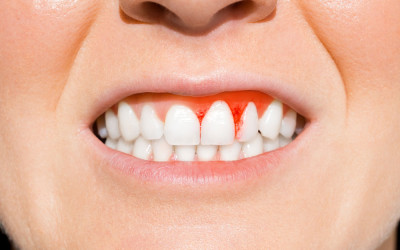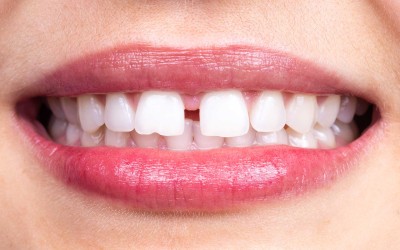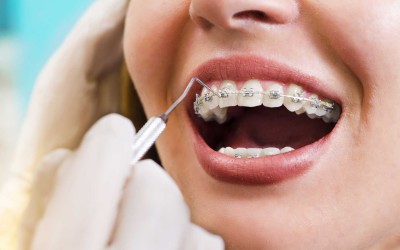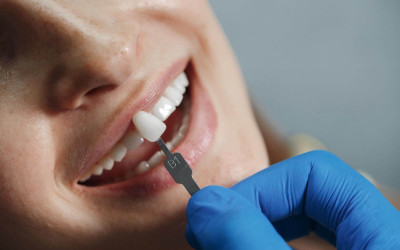Problems and Solutions in Denture Use
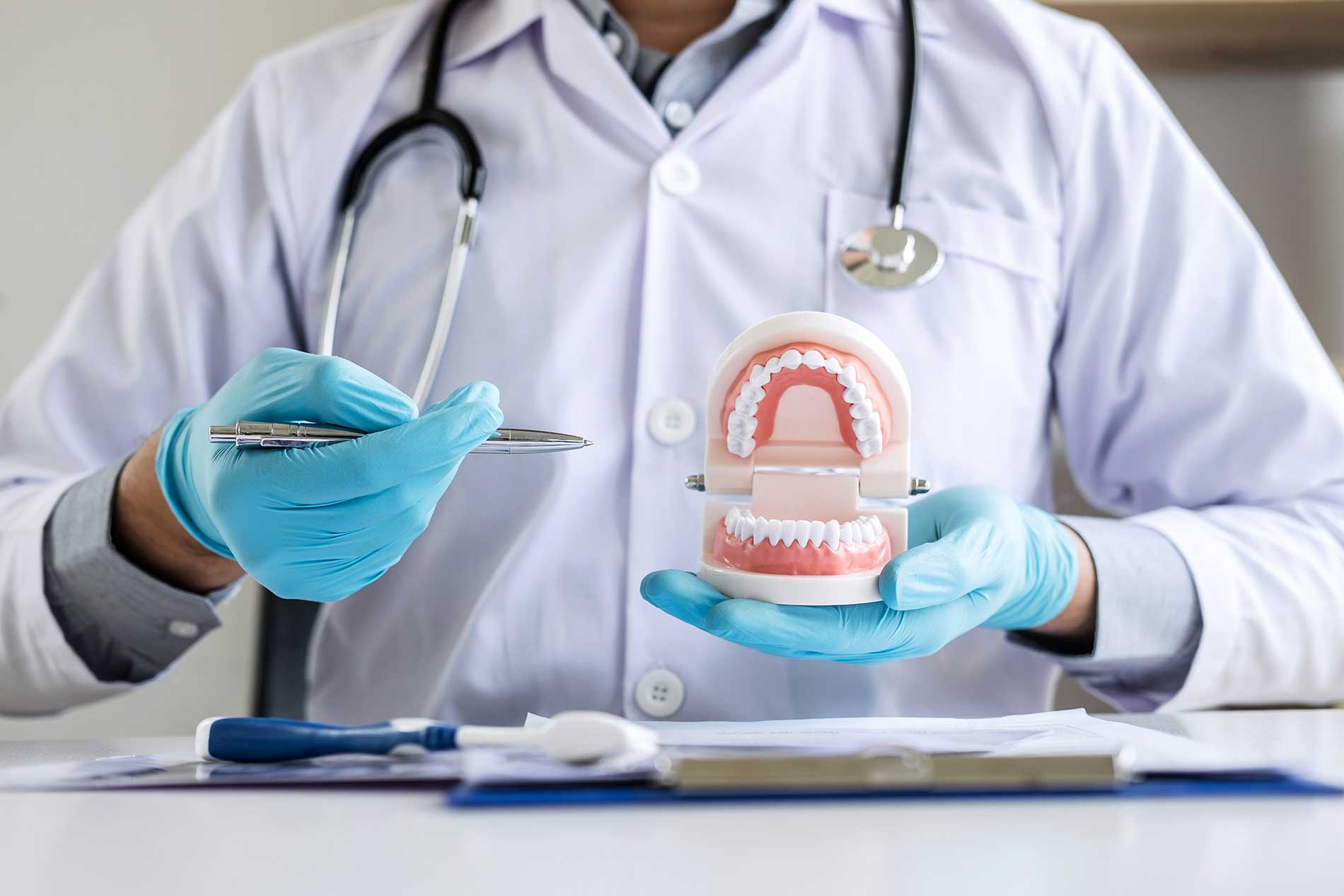
Problems and Solutions in Denture Use
- 15 April 2023
- 35353 views
Taking necessary precautions as soon as possible for the problems that arise in the use of denture is crucial for oral and dental health.
This content is for informational purposes only and does not replace medical advice, diagnosis, or treatment. Please consult a healthcare professional for any health concerns.
Table of Contents
There are two types of dentures: full dentures and partial dentures. Full dentures are used when all teeth are lost and occupy the entire mouth. Partial denture is used when only a few teeth are missing and fill in only the gaps in the mouth. Although dentures are used to maintain oral health and improve quality of life, some problems may arise. However, these problems can be resolved.
What is Denture?
Denture is artificial teeth placed in the mouth to replace lost or extracted teeth. Dentures are used to fill in missing teeth, restore chewing function, facilitate speech and provide an aesthetic appearance.
Dentures are designed specifically for each individual to fit comfortably in the mouth. They are typically made from durable materials such as acrylic or porcelain.
When are Dentures Used?
Dentures can be used in many different situations including:
- Tooth loss
- Periodontal disease
- Trauma or injury
- Cosmetic purposes
- Speech problems
- Chewing problems
What Problems Can Arise with Denture Use?
There are several problems that can arise with denture use including:
- Poor denture fit
- Denture slippage
- Allergic reactions
- Dental prosthesis breakage
- Dental prosthesis odor
- Oral infections
What are the Solutions to the Problems Encountered in Dentures?
The problems that may arise during the use of dentures can be resolved. The solutions are as follows:
- Ill-fitting dentures: When the dental prosthesis becomes ill-fitting, the dentist decides whether the denture needs to be repaired or remade. The dentist adjusts the dental prosthesis or provides a new one to improve its fit.
- Dental prosthesis slipping: If the denture slips, the dentist can adjust or remake it to improve its fit. Additionally, the dentist may apply an adhesive to your teeth to provide a better grip for your denture.
- Dental prosthesis breakage: If the denture breaks, the dentist decides whether it can be repaired. If it cannot be repaired, the dentist makes the necessary arrangements to prepare a new one.
- Denture bad breath: Regular cleaning of dentures and dental check-ups can prevent dental prosthesis bad breath. Oral hygiene should be regularly monitored. Proper dental prosthesis cleaning should also be performed. Your dentist will recommend special toothbrushes and denture cleaning solutions to help you clean your dentures better.
- Allergic reactions: Allergic reactions can occur due to the materials used in denture materials. In this case, your dentist will recommend alternative dental prosthesis materials that carry less risk of allergic reactions.
- Oral infections: Regular cleaning of dentures and dental check-ups are crucial in preventing oral infections. If there is an infection, the dentist may prescribe antibiotics or recommend special oral care products to help you clean your dentures.
Regular maintenance of dentures is important to minimize potential problems. Problems can also be prevented with regular dental check-ups.
Frequently Asked Questions
Can Dentures be Repaired?
Dentures can be repaired in case of problems such as breakage or dislodging. The repaired denture is delivered to the patient within 1-2 days.
How to Prevent Denture Bumps?
Denture bumps can only be prevented through dental check-ups and restructuring of the dentures. Before coming to the dentist to remove the bumps, the patient should wear their dentures for at least 9 hours. If the dental prosthesis bumps occur the dentures should not be worn at night and the tissues should be rested.
How Often Should Dentures be Replaced?
Those who want to have dentures made with state support can renew them every 4 years. In private clinics, dentures can be renewed at any time according to your needs.
Ignoring problems that arise in dentures and taking necessary precautions as soon as possible is crucial for oral and dental health.




